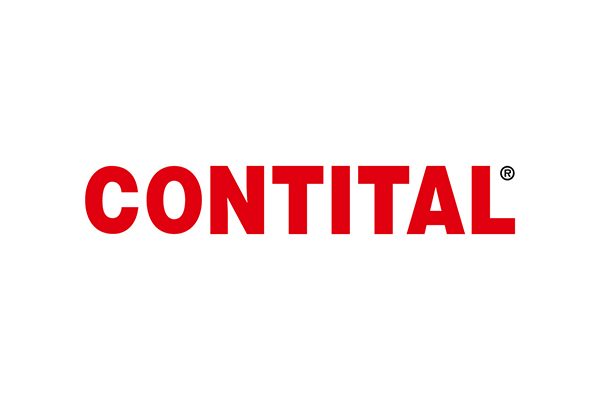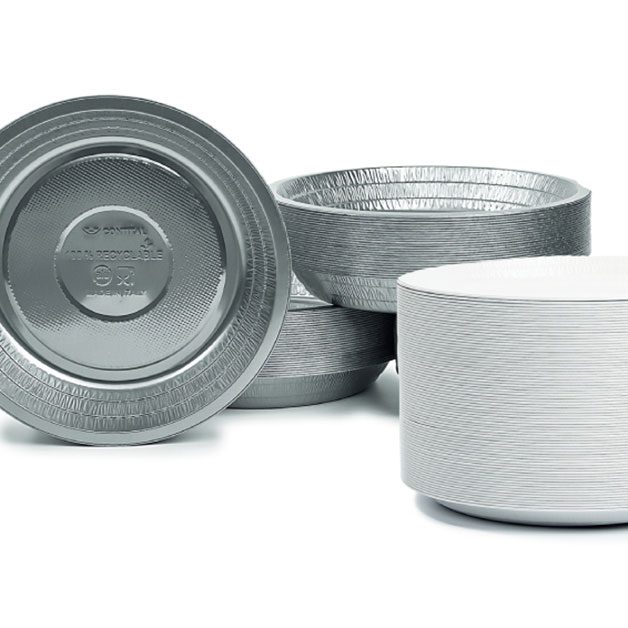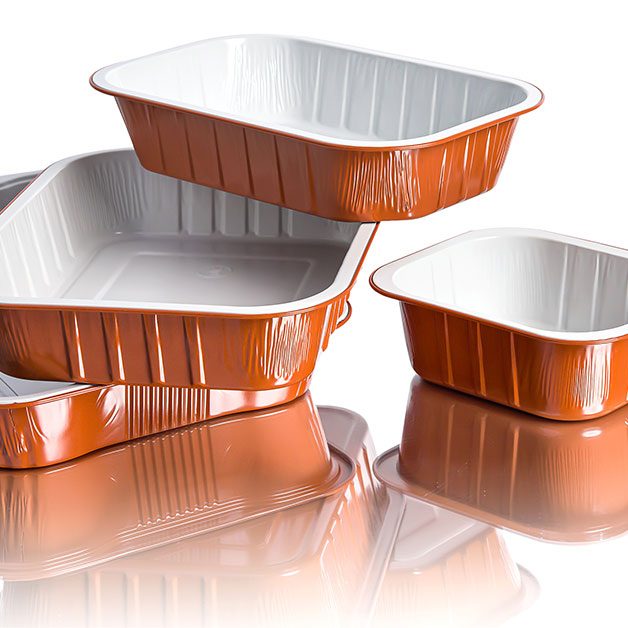Over to… Ciro Sinagra, R&D Senior Advisor of Contital srl
Reconciling production needs and defence of the ecosystem
by
Contital



«Contital has joined the Ethical Packaging Charter Foundation because it shares its principles, values and vision: for years, in fact, the company has been promoting and supporting initiatives which, through the role and strategic use of packaging, aim to prevent and reduce food waste, a real problem in modern society, and to disseminate the use of solutions that protect foods from contamination.
We collaborate with the CIAL Consortium to promote greater awareness of the value of food and to contribute to reducing waste through the adoption, in the Italian restaurant sector, of family-bags, also with the “Tenga il resto” (Keep the change) project and with the “Bis!” (Again!) campaign, an initiative promoted by Anci (The National Association of Italian Municipalities) and Mase (Ministry of the Environment).
With the same aims, we have also collaborated and launched with Legambiente Campania the “-Spreco+Riciclo” (-Waste+Recycling) project to raise awareness and promote virtuous actions in the context of regional restaurants and catering.
New awareness and expertise
With the support of universities and specialised companies, our Group has launched a programme of life-cycle analyses (LCA) of aluminium products in order to evaluate the potential impacts of each of the phases, from the production process to distribution, to final consumption.
The LCA studies have been carried out analysing the entire manufacturing process of trays and new aluminium plates, mapping all the phases of production: from metal casting to hot and cold rolling, from heat treatments, chemical degreasing and coating, to cutting into strips, and up to the forming of the products.
For closure of the cradle to grave cycle, the distribution to sorting centres for sale and for post-consumption collection and recycling has also been analysed.
Both product lines absorb, with a high percentage of use, processing waste – completely eliminated in the processes – and pre-consumption waste. The environmental impact both of trays and plates, in the version with plain or coated aluminium, has been found to be very low, demonstrating moreover, a practically infinite capacity for recyclability. This has confirmed in a completely scientific way the importance of eco-design: the development of completely recyclable products is the path for reconciling production needs and the defence of the eco-system.
For improved packaging ethics
We believe that the strategy adopted for new aluminium plates (while not being technically a type of packaging) has made it possible to develop a product totally in line with the ethical principles of the Charter: sustainable and far-sighted, because they are infinitely recyclable; contemporary, as they reflect the culture of a society increasingly less bound to the stereotype of the plate to be washed at the end of the meal and aimed more and more at consumption outside the home; safe, in the sense of a traceable integrated supply chain and for safety with regards to contact with the foods. These are only some of the objectives that will guide the evolution of our product lines.
With the intention of referring to the value of Responsibility, the Group’s R&D Department has developed a project in collaboration with the University of Campania, L. Vanvitelli in Caserta, the University of Saragozza and the IPCB-CNR institute of Portici on the theme of “antibacterial and antioxidant properties of innovative packaging solutions for the extension of the shelf-life of foods”.
Alongside this project there is also an article published in the Journal of Applied Polymer Science relating to “Novel eugenol-based antimicrobial coatings on aluminium substrates for food packaging applications”. At present work is in progress for industrialising the process developed: applying on aluminium, using coil coating technology, fillers in polymeric coatings which, as they are gradually released, perform an antioxidant and antibacterial action on the food, thereby increasing self-life. This will also contribute to reducing food waste (domestic and in the supply chain) which, according to the organization, Waste Watcher International, in Italy alone is estimated to be worth around 9 billion Euros: in practice, every Italian wastes on average 524 g of food per week. In addition, these solutions continue to confirm the cutting-edge role that disposable packaging plays also in terms of hygiene, combatting “cross-contamination” phenomena that are the cause of foodborne diseases.



Enhancing and communicating the functions of packaging with respect to “negative” narratives
The concrete functions of packaging are often forgotten:
• Protect the food
• Improve its preservation
• Avoid contamination (particulate and microbiological)
• Facilitate the transport of meals
• Preserve uneaten portions of food for longer
• Provide clear information to the consumer through product labelling
There are rigid aluminium packaging forms that makes it possible to preserve foods for years, such as meat, fish, vegetables, fruit: all elements which would otherwise perish in a few days. These solutions are therefore a huge benefit for humanity.
In addition, aluminium is a champion in Italy and in Europe in post-consumption recycling, with around 70% recovery of the packaging, arriving at 90% for drink cans. In this sense, aluminium packaging solutions are absolutely sustainable and are a perfect example of the circular economy.
This information should be disseminated, and for this reason, through our online and offline communication, we try to constantly inform buyers and consumers on the different functions of packaging.
Within the companies of the Group, the Academy founded in 2021 organises various courses on the issue, training our personnel and underlining the role that Good Manufacturing Practices (GMP) pay in guaranteeing the safety of packaging with regards to contact with food.
Focus on the consumer
The consumer is always at the centre of our work: the motto applies that the consumer’s trust is acquired in millimetres and lost in kilometres.
Considering the consumer an active and integral part of the supply chain means informing them and creating a relationship based on trust. For this reason, through our communication channels (with social media pages, digital and paper-based articles), we constantly try to provide useful and clear information on aluminium and on the world of packaging, on its safe use and recycling, and when necessary, responding also to questions posted directly by users. Our Group, which had already drawn up an annual Sustainability Statement, has for some years been publishing a more complete and wide-ranging Sustainability Report, which shows in a clear and transparent way environmental and social performance, improvement projects and the progress made with respect to ESG issues».

